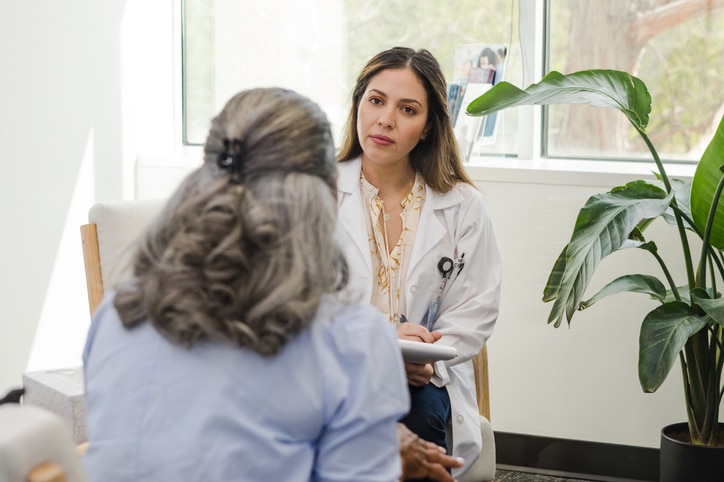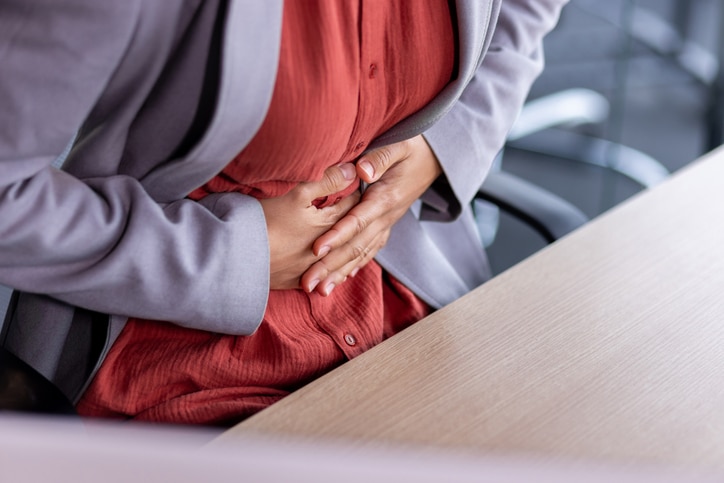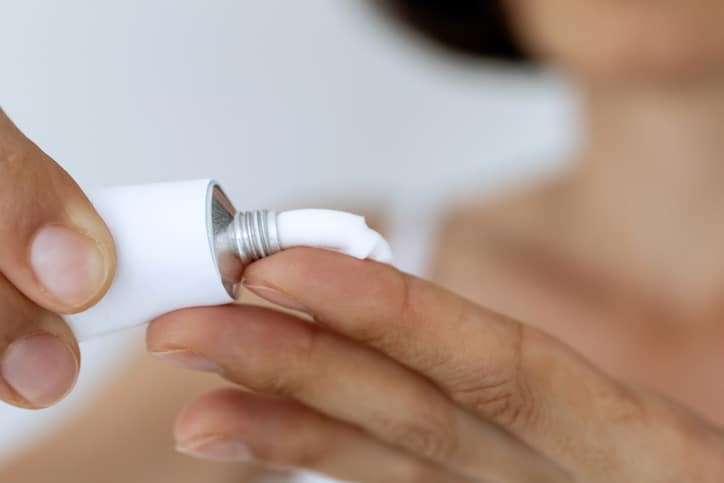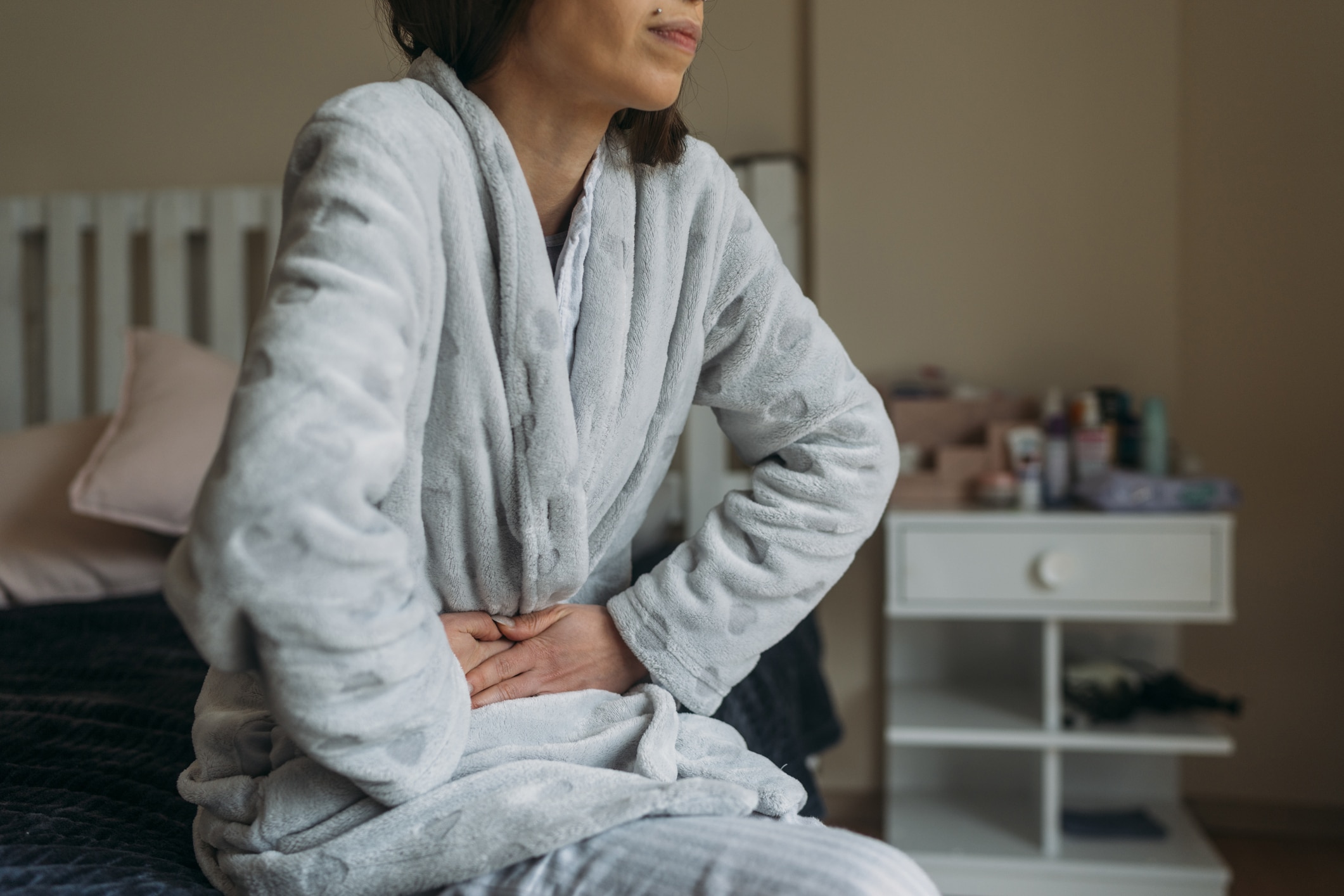Many women going through menopause expect the mood swings and hot flashes synonymous with the transition, but far fewer recognize the changes that can quietly affect comfort, intimacy, and urinary health.
These symptoms, too often brushed off as a normal part of aging, are actually signs of a treatable condition known as genitourinary syndrome of menopause, or GSM.
“Genitourinary syndrome of menopause is more common during the later stages of menopause,” says Arame Thiam Diouf, MD, OB-GYN on the medical staff at Methodist Celina Medical Center, “but it can happen earlier during perimenopause.”
What’s more, similar symptoms can affect women decades before menopause, after childbirth, while breastfeeding, and even when taking medications that lower estrogen levels.
Dr. Diouf and Michelle McDonald, MD, urologist on the medical staff at Methodist Dallas Medical Center, share their expertise on this topic and what women can do to cope.

DRYNESS AND IRRITATION
As estrogen levels decline in menopause, vaginal and urinary tissues lose the thickness and elasticity that once kept them healthy. In severe cases, even sitting and walking can cause irritation.
“During menopause, estrogen rapidly declines, and that affects a whole host of your pelvic organs,” Dr. McDonald explains.
The change also raises vaginal pH, making the area less acidic and more prone to irritation and infection.
Together, these shifts can lead to dryness, pain during intimacy, burning with urination, or more frequent urinary tract infections.

AFFECTS ON BLADDER
The loss of estrogen affects the entire pelvic area — not just the vagina.
“The vaginal pH rises and becomes less acidic, and that change is most commonly associated with recurrent UTIs,” Dr. McDonald says.
Dr. McDonald says urinary tract infections are one of the most common reasons postmenopausal women seek care.
Menopause can also bring on urinary incontinence — leakage with coughing, sneezing, or exercising — and sometimes pelvic organ prolapse, when the bladder or uterus drops due to weakened muscles.
“You don’t have to live with incontinence or prolapse if it bothers you,” she says. “We have great treatments, whether it be medication, pelvic floor therapy, or surgery.”

WHERE TO FIND RELIEF
Although GSM is common, it’s not something women have to just live with.
“Recurrent UTIs are definitely not normal, and you should definitely seek care,” Dr. Diouf says. “They can lead to other bladder issues that might even require surgery if left untreated.”
For mild cases, vaginal moisturizers, lubricants, and pelvic floor therapy can help. But when symptoms are more severe, localized hormone therapy tends to be most effective.
“We do prefer to start with a vaginal cream because it’s shown to be more effective than oral hormonal treatments,” Dr. Diouf says.
Vaginal estrogen — available as a cream, tablet, or ring — works directly on the affected tissues, helping restore moisture and elasticity with minimal absorption into the rest of the body. Dr. McDonald encourages women to consider this therapy early rather than waiting until symptoms worsen.
“Now that we’re living a third of our lives after menopause, we have to start thinking about treating these changes sooner rather than later,” she says.

HOW SELF-CARE HELPS
Both doctors emphasized that prevention and self-care matter, too.
Dr. McDonald advises women to avoid unnecessary antibiotics to protect the body’s natural microbiome, which supports urinary and vaginal health.
“We’re learning more and more about the negative effects of repeated antibiotic exposure and how it changes your microbiome,” she says.
A healthy, balanced diet and regular strength training to keep body weight under control can also help maintain pelvic floor strength and reduce incontinence over time.
“Weight training has shown to be very helpful at this stage of life,” Dr. Diouf says, “both to help with weight loss and to help maintain bone density as you get older.”
Menopause may bring changes, but it doesn’t have to mean discomfort or disruption. With early attention and the right treatment, GSM and related urinary symptoms can be managed effectively.
“While GSM is common,” Dr. Diouf says, “it’s not something women have to just live with. These are treatable issues, and you deserve to feel better.”






